According to press reports, when suggesting a discussion, Deputy Chairman of the Economic Committee Nguyen Minh Son said that experience from countries around the world shows that railway projects bring general efficiency to the economy, however, most high-speed railway lines operating at speeds of 320 - 350 km/km are operating at a loss.
Some delegates said that there was absolutely no way to make a profit from this project. Some delegates suggested that the project would be invested mainly from the budget, and the budget was being balanced for many other important national projects, so there should be a backup plan to ensure that the project was done “thoroughly”.
The press reported that in his concluding remarks, Chairman of the Economic Committee Vu Hong Thanh stated that opinions at the meeting were unanimous on the necessity of investment, speed and scale. The project requires a huge amount of capital, and requested clarification on the ability to meet capital needs and public debt safety.
The funding source for this project remains the biggest concern of XV delegates, as X delegates were concerned when considering this project 14 years ago. Photo: Hoang Ha
Opinions at the meeting all agreed on the necessity of investing in the project, although there were still concerns about the name, route direction and especially the total investment capital source.
Discussions at the Economic Committee took place before the National Assembly Standing Committee will give its opinion on the investment policy for the North-South high-speed railway project on the evening of November 6, before submitting it to the National Assembly.
Thus, the source of funding for this project is still the biggest concern of the XV delegates, as the X delegates were concerned when considering this project 14 years ago.
In 2010, on the afternoon of June 19, the National Assembly voted on the policy of building a high-speed railway project worth 56 billion USD proposed by the Government. The result was 37% of the delegates in favor, 41% in disapproval.
At that time, the total investment of the project was about 56 billion USD, while our country's GDP was only about 105 billion USD. That vote was unprecedented in our National Assembly, after much debate.
According to the recollection of Mr. Nguyen Van Phuc, former Deputy Chairman of the National Assembly's Economic Committee, National Assembly delegates were mainly concerned about whether the economy had enough resources to invest in high-speed railways with a total investment of 56 billion USD, the largest ever at that time, whether it was effective or not, and who would be served by such high ticket prices?
During the review and discussion process, National Assembly Chairman Nguyen Phu Trong, the National Assembly Party Delegation and the National Assembly Standing Committee always respected and listened attentively to the opinions expressed, polled the opinions of National Assembly deputies three times, and listened to the opinions of people from all walks of life, experts and scientists.
Mr. Phuc recalled that the majority of National Assembly deputies voted against the investment policy of this project at that time and requested the Government to continue researching and have sufficient convincing arguments. The general public at that time agreed with the National Assembly's decision and highly appreciated the democratic and careful leadership, direction and management of the National Assembly Party Delegation, the National Assembly Standing Committee, especially the National Assembly Chairman.
When talking to the author of this article recently, some members of the government at that time expressed regret that the government at that time should have presented small projects to the National Assembly, such as Hanoi - Nghe An, or Ho Chi Minh City - Nha Trang, so that the National Assembly could easily approve them, instead of the entire North-South route project. If they had started working on the routes back then, Vietnam could have completed the entire route by now.
After the project was not approved, the country developed or completed 4 new North-South highways to solve the problem. These are the coastal road system of more than 3,000 km long from Mong Cai, Quang Ninh to Ha Tien town, Kien Giang; upgrading National Highway 1A, a 2,482 km long route that runs through Vietnam; the North-South expressway system of more than 2,000 km long across the country; and the Ho Chi Minh road of more than 3,000 km long.
How many resources have been devoted to building these roads.
The high-speed rail project presented to the National Assembly today is very different from the last time because the determination and political consensus are very strong.
Here is an excerpt from the Politburo's conclusion on the project's investment policy: the high-speed railway is a symbolic project with strategic significance, especially important in terms of economics, politics, society, national defense, security and international integration.
The Politburo agreed on the policy of investing in a high-speed railway on the North-South axis with the investment plan for the entire route in the form of public investment, with a designed speed of 350km/h, transporting passengers, meeting dual-use requirements for national defense and security, and being able to transport goods when necessary.
With this policy, the project promises to be successful when it is brought to the National Assembly for consideration because if it is not connected to international routes, Vietnam could be left out of the regional and global game.
Of course, there will be many questions to be answered: What technology? Where will the money come from to fund the project of about 5.6 billion USD per year?
How to attract domestic private investment, when this project is 100% public investment project?
When the project is put into operation, where will the money come from to operate and maintain it when the project cannot make a profit like the vast majority of current high-speed railway lines?
In the spirit of "Doing, not retreating", we will certainly not retreat, but we must definitely discuss "How to do it?" before the historical responsibility and the future of the nation.
Vietnamnet.vn
Source: https://vietnamnet.vn/duong-sat-cao-toc-ban-lam-khong-ban-lui-2339064.html


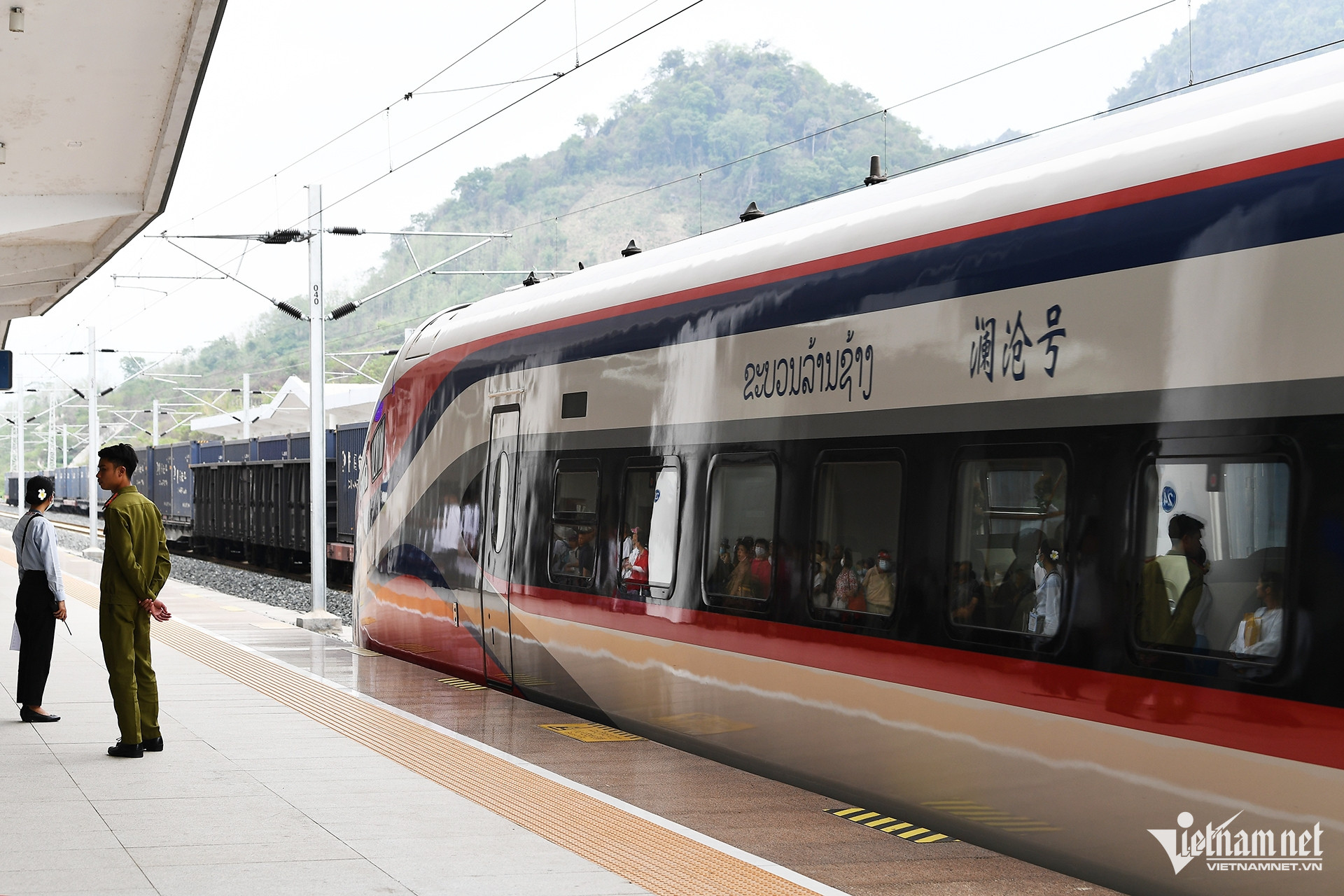
![[Photo] April Festival in Can Tho City](https://vstatic.vietnam.vn/vietnam/resource/IMAGE/2025/4/10/bf5ae82870e648fabfbcc93a25b481ea)


![[Photo] Unique folk games at Chuong Village Festival](https://vstatic.vietnam.vn/vietnam/resource/IMAGE/2025/4/10/cff805a06fdd443b9474c017f98075a4)

![[Photo] Opening of the 11th Conference of the 13th Party Central Committee](https://vstatic.vietnam.vn/vietnam/resource/IMAGE/2025/4/10/f9e717b67de343d7b687cb419c0829a2)
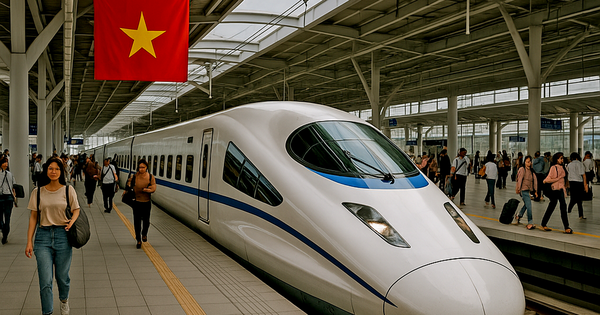

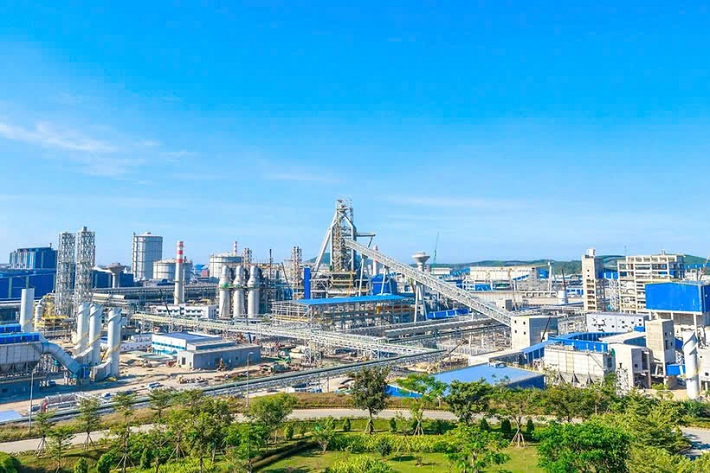
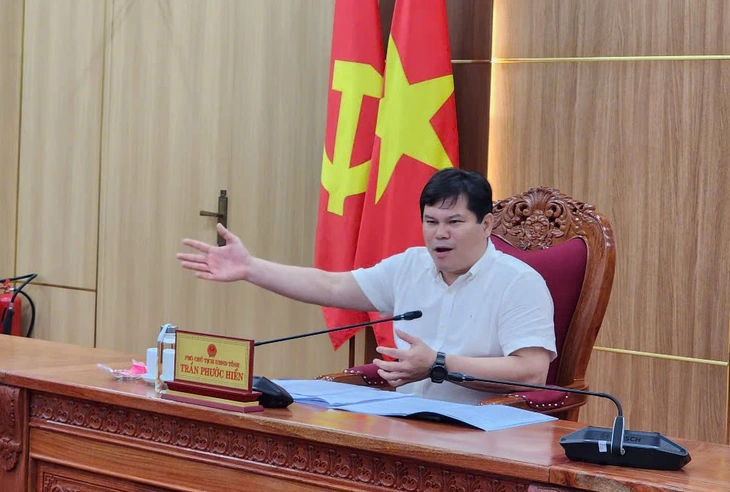

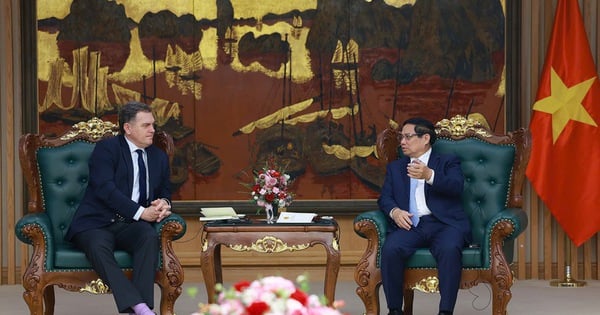

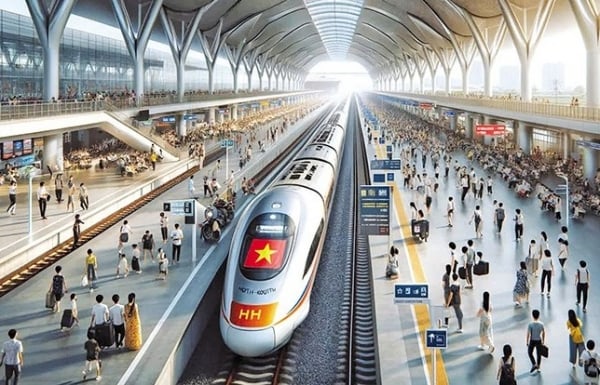

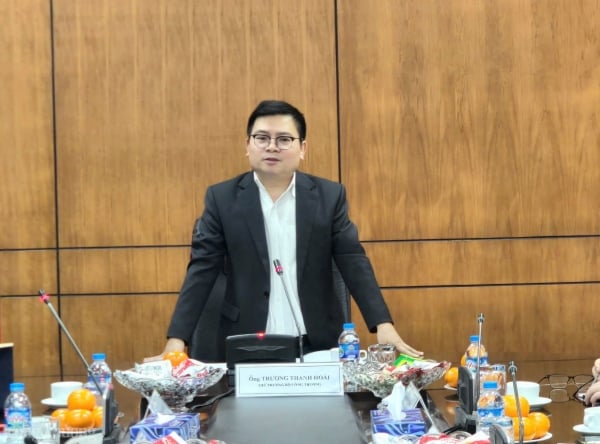
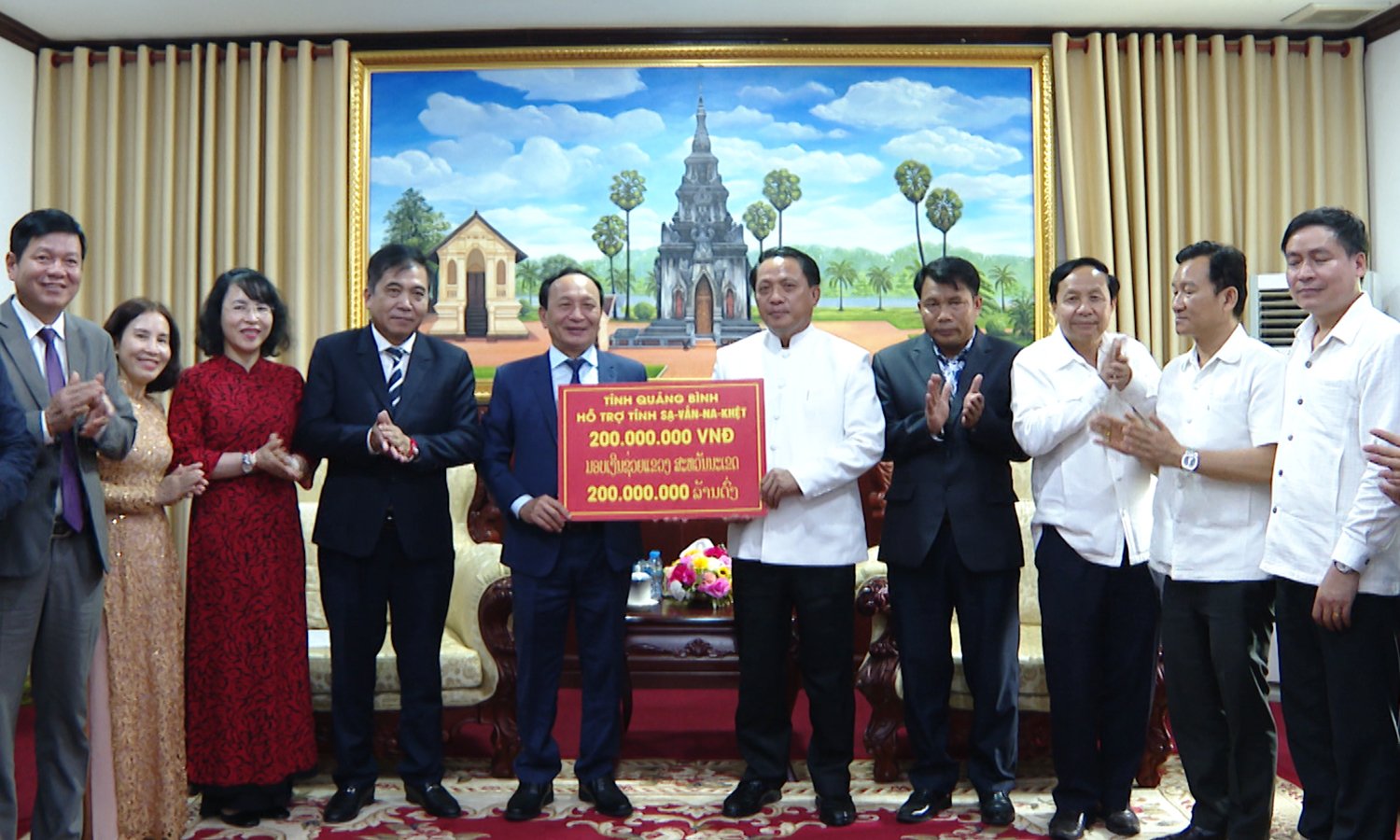
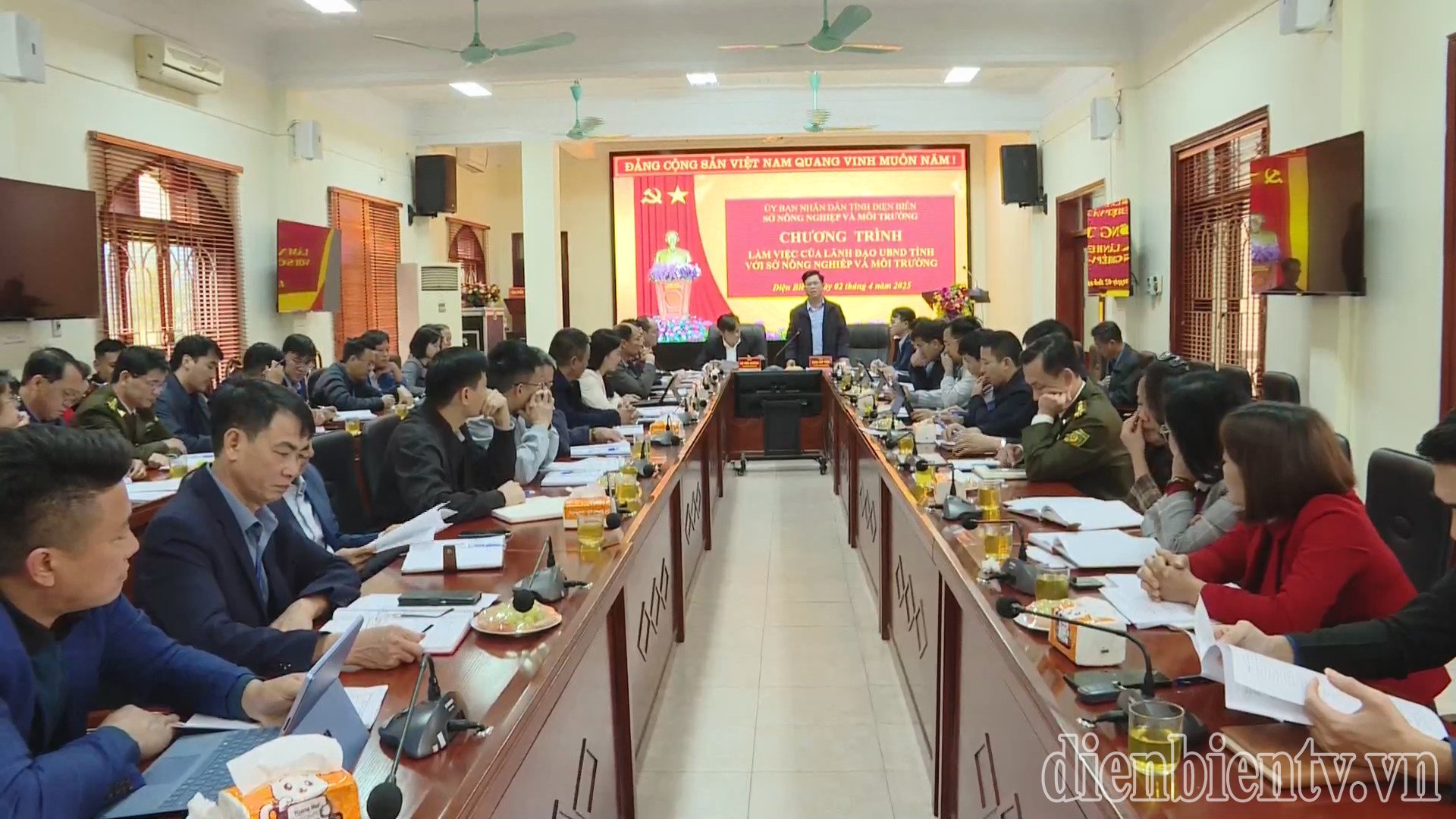
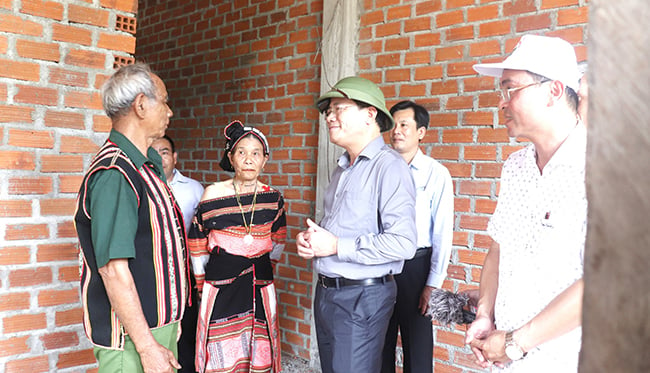
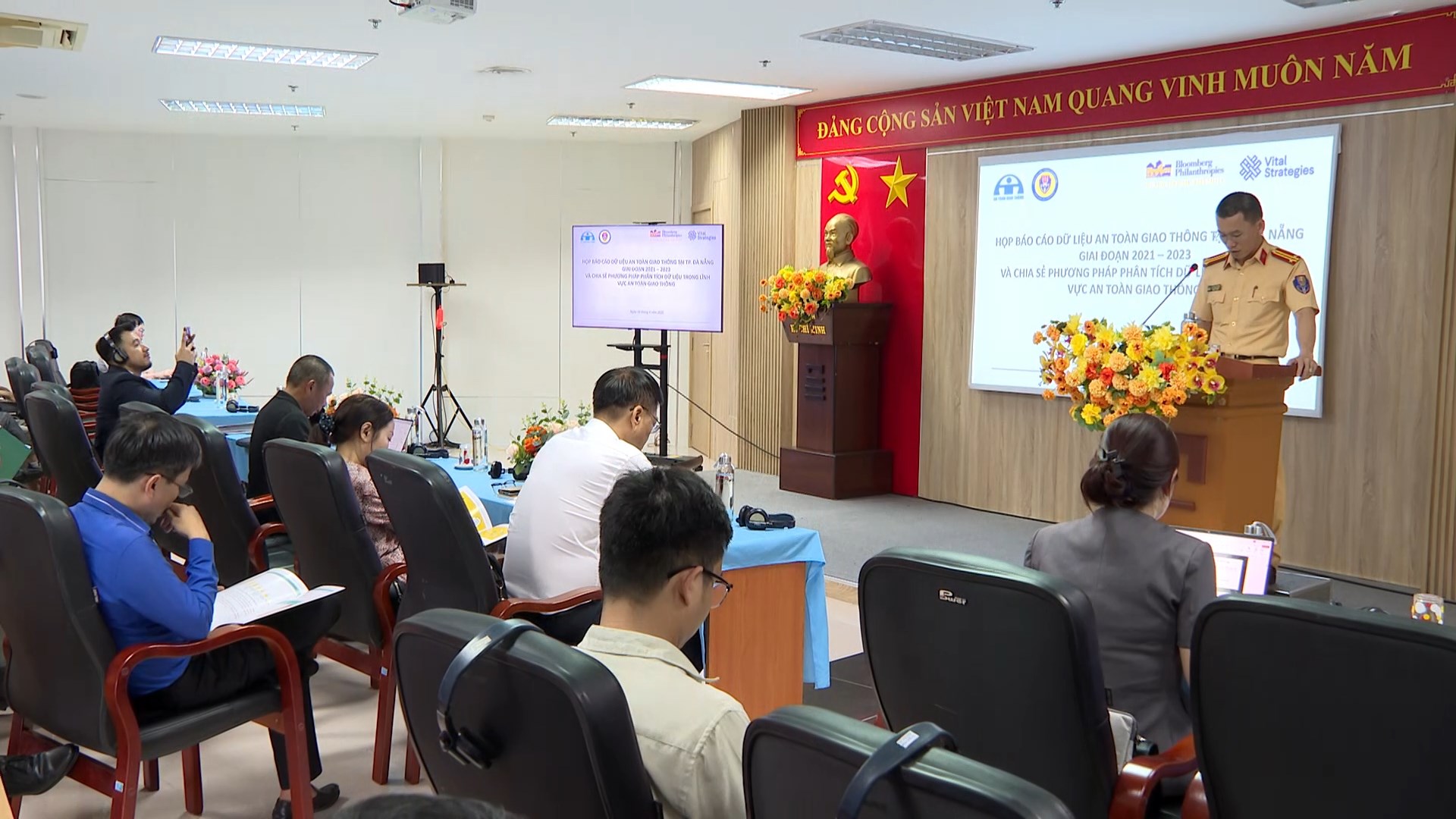
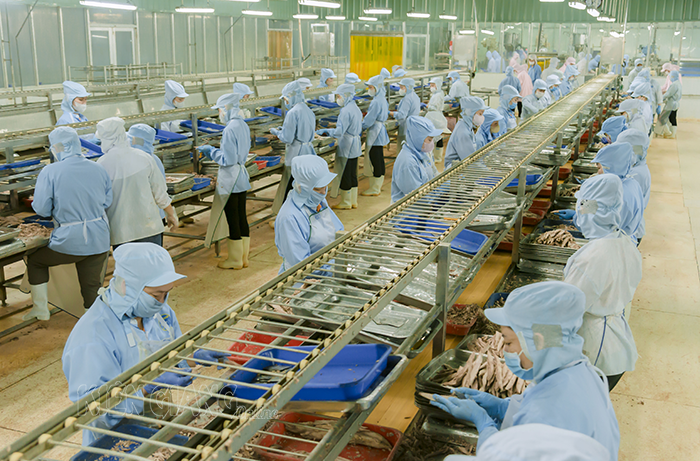
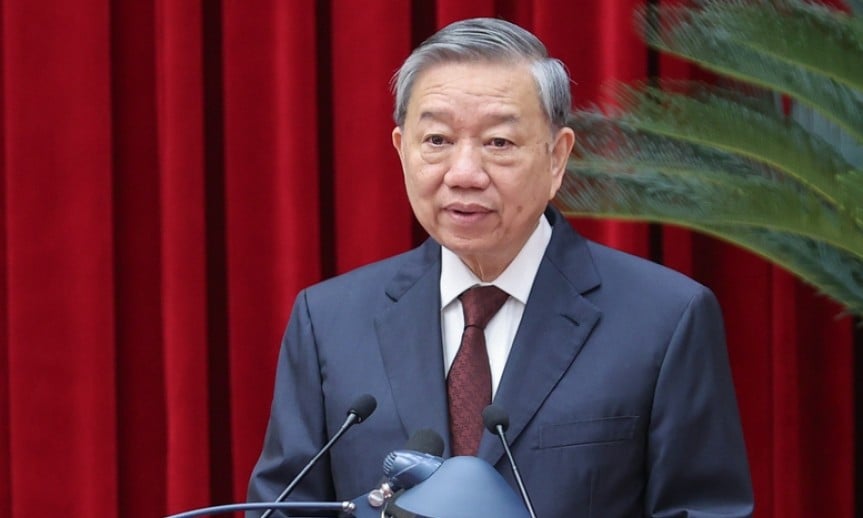





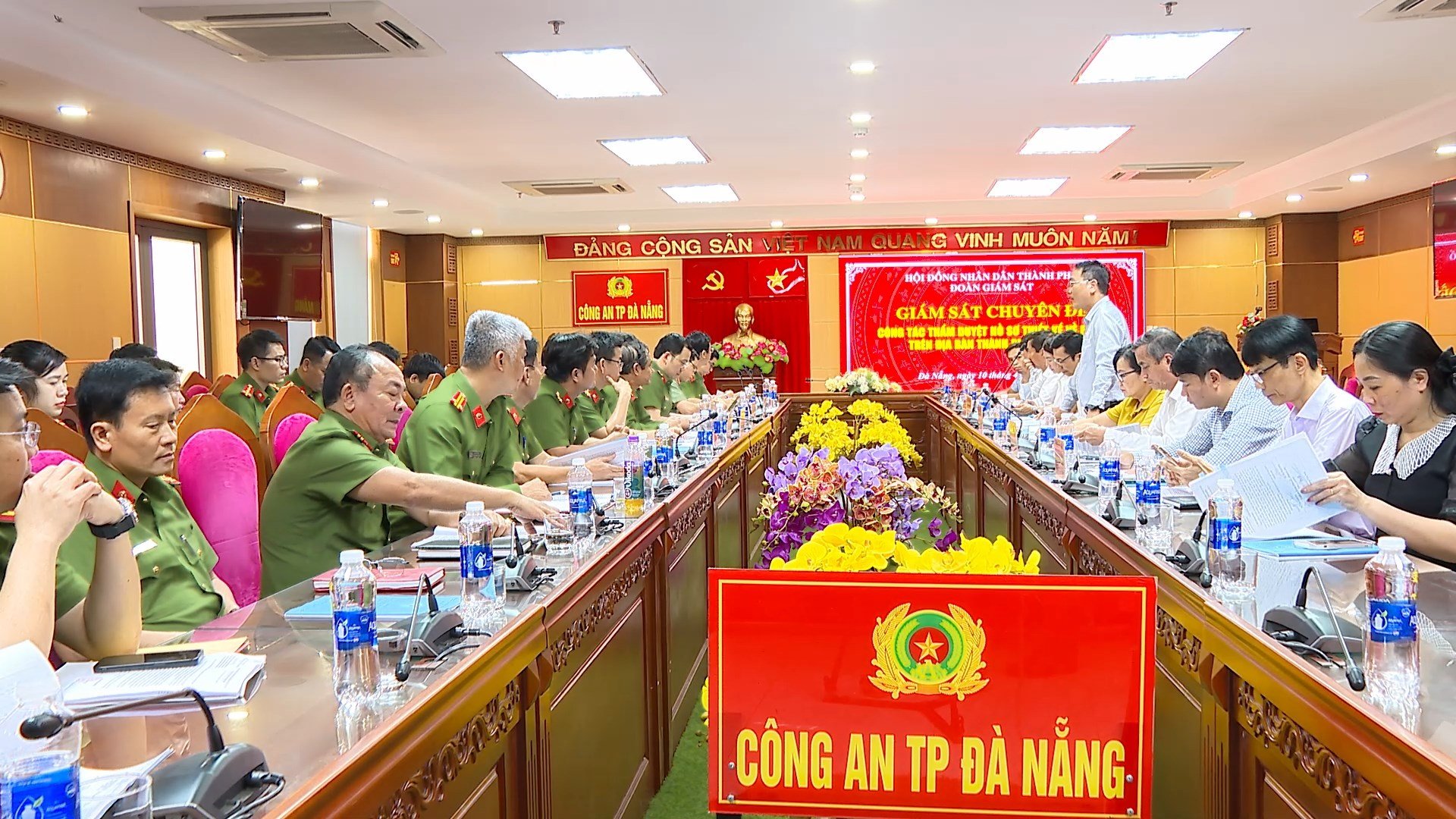
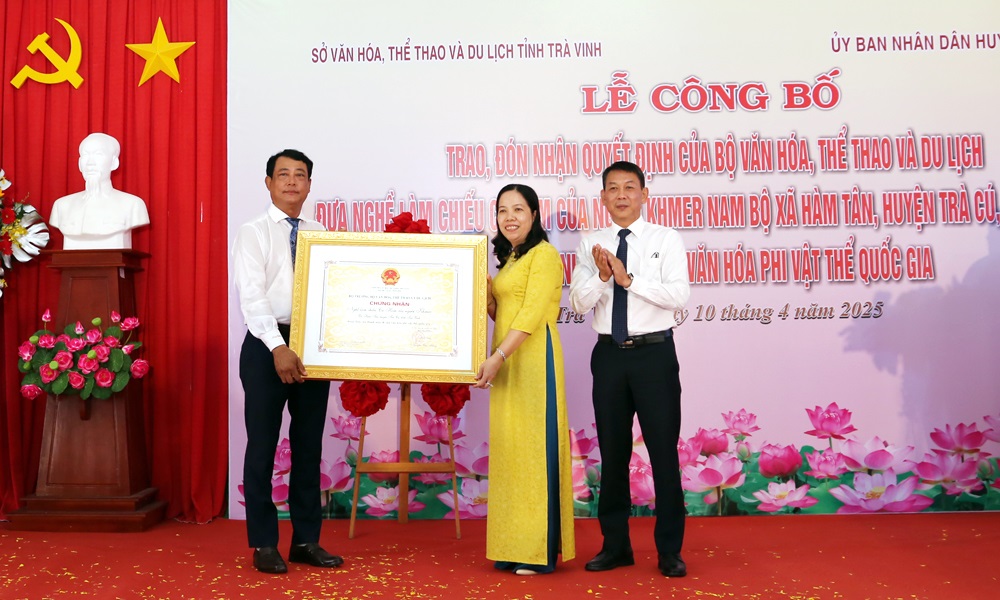
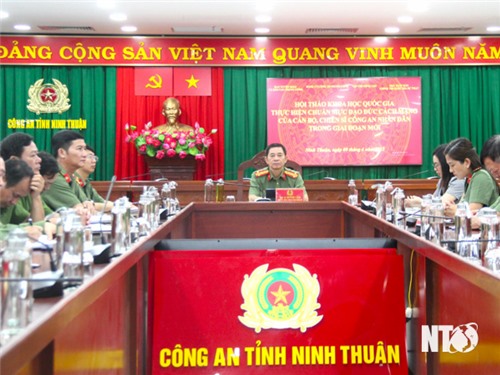
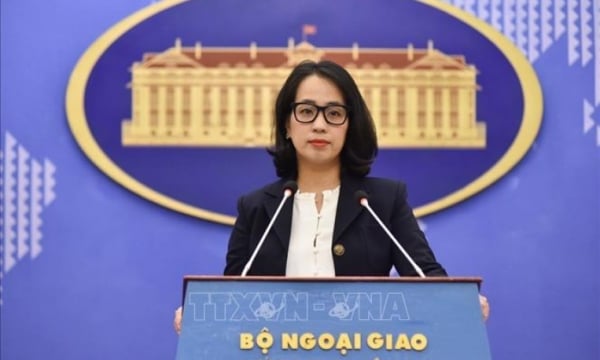
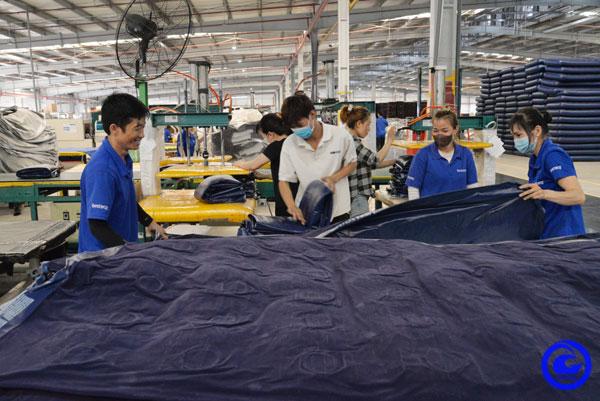











































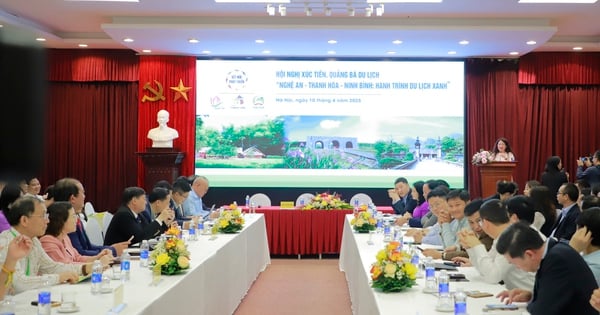

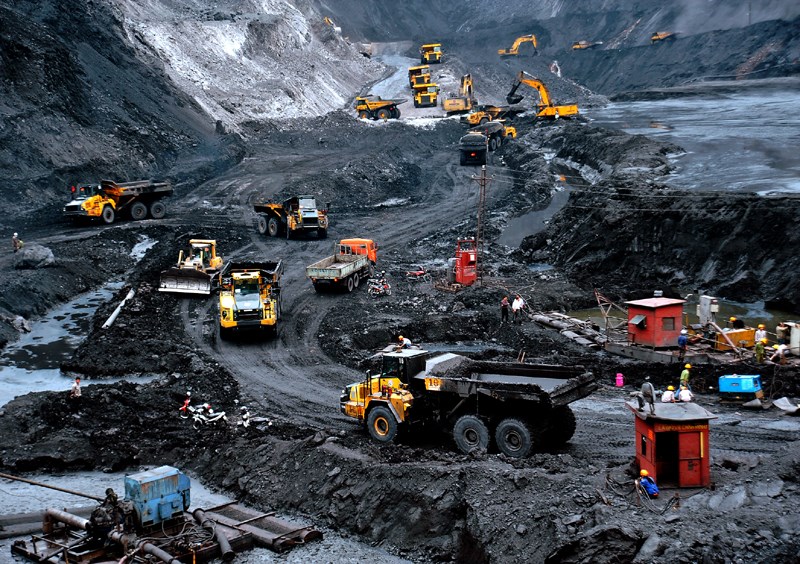

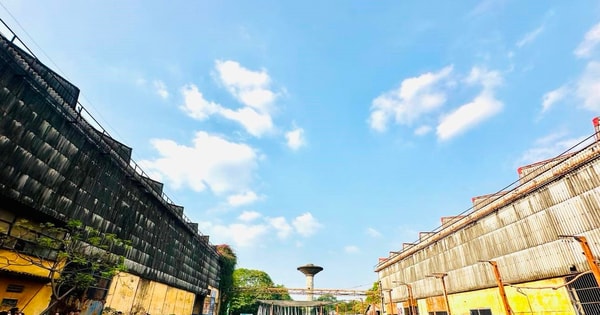








Comment (0)